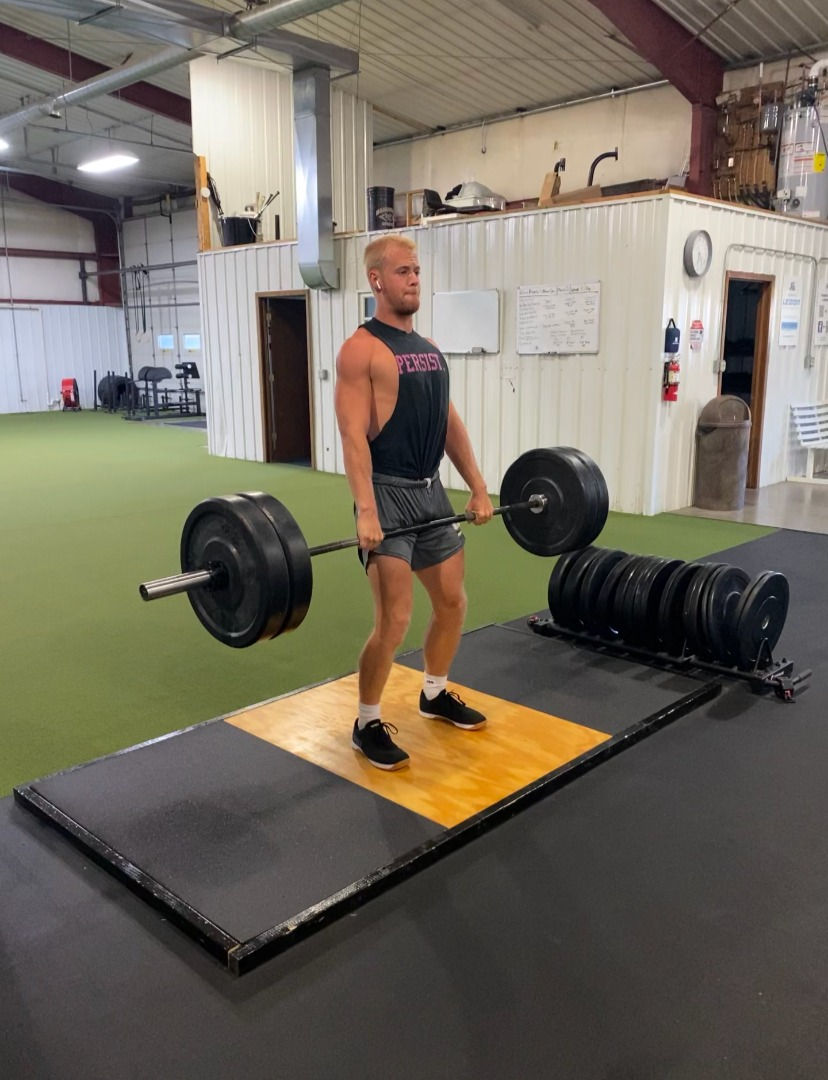Pre-Season Training For Athletes
- Mitch Kramer

- Jul 12, 2024
- 2 min read
Preparing for Success: Transitioning Between Sports for Multi-Sport High School Athletes
By: Mitch Kramer

Every sport demands unique movements and skills. For multi-sport high school athletes, the transition from one season to another is critical. Proper preparation can make all the difference in performance and injury prevention. Here's a comprehensive guide to help you get ready for the next season.
Preparation and Focuses
Identify Movements Used in the Sport
Understanding the specific movements required for your upcoming sport is crucial. Whether it's running, jumping, throwing, or any other action, knowing what your body needs to do will guide your training.
Determine Necessary Training Modes
Each sport requires different physical qualities such as power, speed, agility, plyometrics, and endurance. Identify which of these are most important for your next season.
Set Short-Term Goals
With limited time before the season starts, set achievable goals to make the most of your preparation period. Focus on specific areas that will have the most impact on your performance.
Execution
Condition Muscles and Joints
Begin with range of motion exercises and flexibility routines to ensure your muscles and joints are ready for the demands of the sport.
Complete All Types of Movements
Incorporate lateral, unilateral, and rotational movements into your training. This comprehensive approach ensures that your body is well-rounded and ready for anything.
Target Main Muscles
Focus on strengthening the primary muscles used in your sport. This targeted approach helps build the necessary power and endurance.
Improve Power with Resistance Exercises
Use resistance training to enhance your strength and power. This can include weightlifting, resistance bands, or bodyweight exercises.
Engage in Sport-Specific Exercises
Start incorporating exercises that mimic the movements of your sport. For example, a baseball player might begin throwing and catching drills to get back into the rhythm of the game.
Closing Thoughts
The pre-season period is a valuable time to transition your body into the right shape and form for your next sport. It's important to include all relevant movements and muscles in your training without getting too sport-specific. This balanced approach helps build a solid foundation for in-season performance.
High school multi-sport athletes often face the challenge of having little to no break between seasons. By focusing on exercises that benefit both your current and upcoming sports, you can maintain peak performance and avoid burnout. Remember, the key is to prepare smartly, condition your body effectively, and gradually shift towards sport-specific training as the season approaches.
For more tips on training, conditioning, and athlete preparation, stay tuned to our blog. We're here to help you achieve your athletic goals and perform at your best, no matter the sport.



